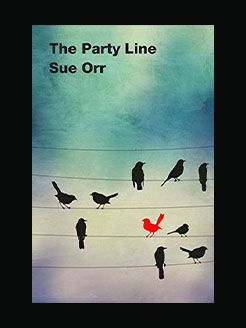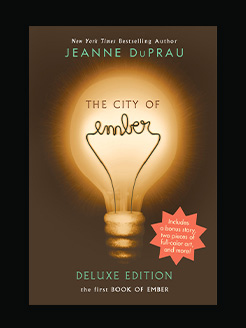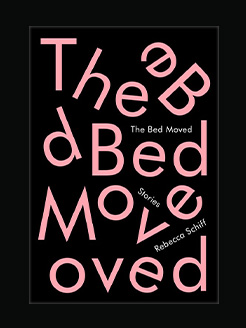Published in 2023
240 pages
Jennifer duBois is the recipient of a 2013 Whiting Writer’s Award and a 2012 National Book Foundation 5 Under 35 award. Her debut novel, A Partial History of Lost Causes, was the winner of the California Book Award for First Fiction and the Northern California Book Award for Fiction, and was a finalist for the PEN/Hemingway Prize for Debut Fiction. Jennifer earned a B.A. in political science and philosophy from Tufts University and an M.F.A. in fiction from the Iowa Writers’ Workshop before completing a Stegner Fellowship at Stanford University. Her writing has appeared in such publications as The New York Times, The Wall Street Journal, Playboy, The Missouri Review, Salon, The Kenyon Review, Cosmopolitan, Narrative, ZYZZYVA, and has been anthologized in Imaginary Oklahoma, Byliner Originals’ Esquire Four and Narrative 4’s How To Be A Man project. A native of western Massachusetts, Jennifer currently teaches in the MFA program at Texas State University.
What is this book about?
From Jennifer duBois, “one of a handful of living American novelists who can comprehend both the long arc of history and the minute details that animate it” (Karan Mahajan) and “a writer of thrilling psychological precision” (Justin Torres), comes a spellbinding new novel.
A few months after the death of her husband, Angela is ejected from her doctoral program in linguistics at Harvard University. Spinning and raw, and with few other options, the young widow and her four-year-old daughter move into her mother’s house in Medford, Massachusetts.
Trained with an understanding of spoken language as the essential foundation of thought, Angela finds underpaid work at the Center, a fledgling organization that is developing an experimental therapy aimed at helping nonverbal patients with motor impairments. Through the Center, Angela begins to work closely with Sam, a twenty-seven-year-old patient who has been confined to his bedroom for the majority of his life. Following some faltering steps, Sam takes to the technology, proving to be not just literate but literary, and charming. Angela is initially stunned, then drawn intensely to Sam, and they develop an intimate relationship.
When their secret is discovered, Sam’s family intervenes and brings charges. As Angela tells her story in the form of an unrepentant plea addressed from prison to her beloved, we are plunged into a Nabokovian hall of mirrors in which it is hard to know whom or what to believe. Is this a haunting story of doomed love, a manipulative account of pitiful self-delusion, or, as the state has charged, a criminal assault of a victim who doesn’t have the agency or intelligence required of a willing participant in a love affair?
Provocative and profound in its exploration of what makes us human, this is an extraordinary novel from one of our most acclaimed contemporary writers.







